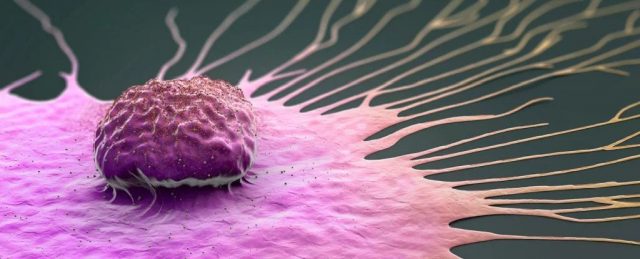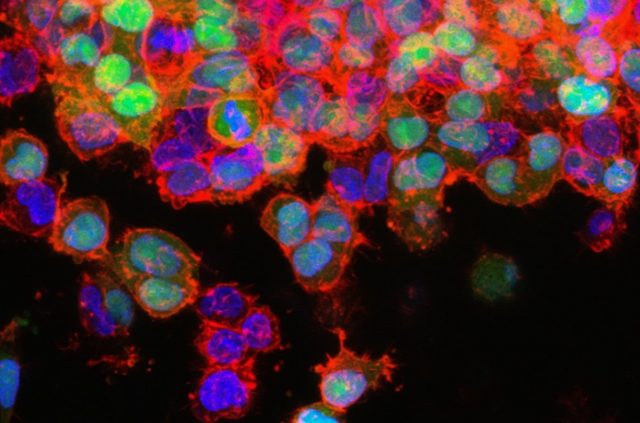This dangerous disease awakens and begins to spread when women with metastatic breast cancer close their eyes at night – this is the startling conclusion of a report that was published in the Nature magazine this week, debunking the notion that breast cancer metastasis occurs at a constant pace all the time.
When examining samples at various times of the day, researchers found an inexplicable variation in the quantity of circulating tumour cells.
This observation led them to the issue at hand. Another indication came from mice, which sleep during the day when blood samples are most frequently obtained, and which appeared to have a considerably larger amount of circulating cancer cells than people.
In the words of Nicola Aceto, who is a senior author and a professor of molecular oncology at ETH, Zurich, “In our view, these findings may indicate the need for healthcare professionals to systematically record the time at which they perform biopsies.”
To start with, the Swiss researchers looked at 30 breast cancer patients to find out what was happening. They discovered “a startling and surprising pattern” – the majority of the circulating tumour cells (about 78.3%) were discovered in blood samples collected at night, compared to a substantially lower percentage in those collected during the day.
Read more: India May Witness Over 1 Lac Excess Cancer Deaths In The Next 5 Years: Here’s Why
The similar outcome was discovered when the researchers gave mice injections of breast cancer cells and collected blood samples throughout the day. When the animal was at rest, there were significantly more circulating tumour cells.
The expression of mitotic genes was elevated in tumour cells collected from mice and people that were at rest, according to the genetic analysis conducted later.
As mitotic genes regulate cell division, this enhances their capacity for metastasizing.
There were a few more experiments designed and performed in order to evaluate the effect of hormones on the circulation of the cancer cells.
According to Zoi, an author and molecular oncology researcher, “Our research shows that the escape of circulating cancer cells from the original tumor is controlled by hormones such as melatonin, which determine our rhythms of day and night.”
Image Credits: Google Images
Sources: Science Alert, The Swaddle, Sciencedaily
Find the blogger: @SreemayeeN
This post is tagged under: awareness, breast cancer, cancer, research, study, oncology, medicine
Disclaimer: We do not hold any right, copyright over any of the images used, these have been taken from Google. In case of credits or removal, the owner may kindly mail us.
Other recommendation:
Probability Of Breast Cancer In Men: Here’s All You Need To Know About It







































